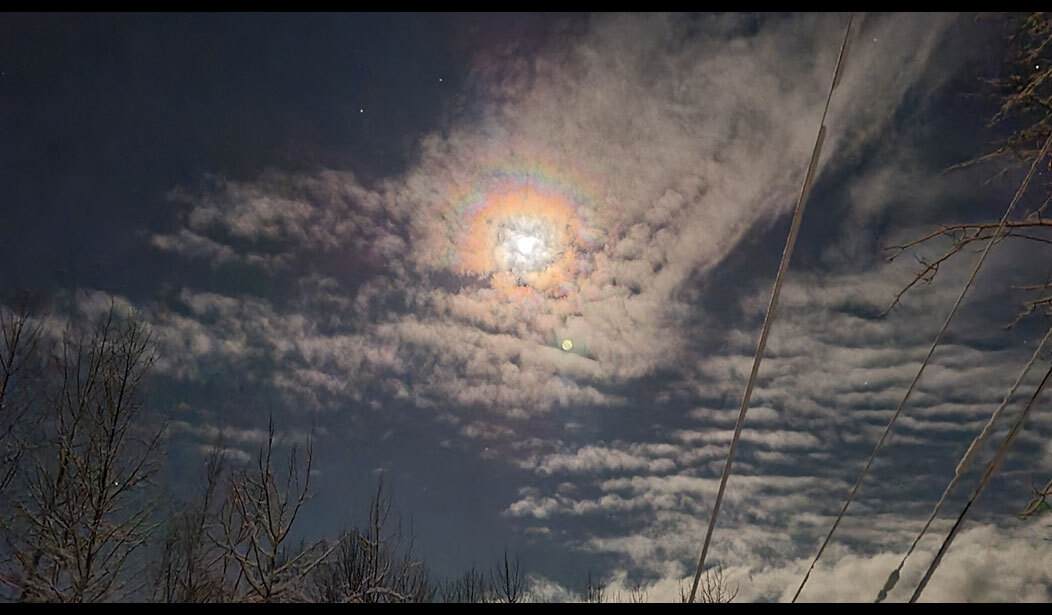Just when you thought it was safe to go back to the Moon... Now an international group of astronomers is cautioning NASA against "thoughtless exploitation" of lunar resources. Yes, really.
The aim of this extraterrestrial armada – largely funded through Nasa’s $2.6bn Commercial Lunar Payload Services (CLPS) initiative – is to survey the moon so that minerals, water and other resources can be extracted to build permanent, habitable bases there. These would later provide a springboard for manned missions to Mars.
But astronomers have warned that an unrestricted rush to exploit the moon could cause irreparable damage to precious scientific sites. Gravitational wave research, black hole observations, studies to pinpoint life on tiny worlds that orbit distant stars, and other research could be jeopardised, they say.
“The issue has become urgent,” Martin Elvis, of the Center for Astrophysics, Harvard & Smithsonian, told the Observer. “We need to act now because decisions made today will set the tone for our future behaviour on the moon.”
There are several reasons why this caution is nonsense.
- The Moon has a surface area of about 14,647,420 square miles. That's roughly the surface area of the United States, Russia, and China combined. There is ample surface area for both extraction of resources, like water ice, that would be essential for any human presence on the moon, as it provides not only water for human use but also hydrogen and oxygen for a wide variety of other purposes - like fuel. As there is no atmosphere, any dust or other material created by extraction operations can't be easily translated to other locations and can't block observations like a dust cloud or smoke on Earth. There would still be ample locations for research in other areas.
- The Moon has no biosphere. The Moon is literally lifeless; it's essentially a big rock in space. There are no plants or animals to be endangered. The rocks won't be much affected.
- The Moon is an ideal place to extract resources for operations in the nearby solar system - like providing fuel, oxygen, and other resources for missions to Mars. It's vastly easier to lift resources out of the Moon's 1/6th G gravity well than it is Earth's. The next nearest source of a lot of these materials is in the asteroid belt, which is out there quite a lot farther.
There has been plenty of silly bloviating about the Moon lately, of course; this is only the latest.
See Related: Navajo Nation President Tries to Decolonize the Moon
Any United Nations declarations about this will be ignored, if not by the United States, then surely by China and Russia. If there are economically viable resources to be had, someone is going to get them. It doesn't necessarily have to be NASA, either; NASA, along with the rest of the federal government, doesn't exactly have the best track record on where to spend the taxpayer's hard-earned.
See Related: Fed. Govt. Spent Millions on Diversity Training in 2023 - Here Is Some of the Tomfoolery You Paid For
I've been saying for years that the first significant forays to the Moon and beyond will be done not by the government but by private parties. Elon Musk seems determined to prove me right on this. And that would, to my thinking, be for the best. I hope to live long enough to see us push outward again, as we haven't really done since the early '70s. I'd hate to see humanity and, yes, especially the United States, lose that urge to explore, to push the boundaries outward, to uncover new resources, new places, to find things we were unaware existed. And if that requires mining water ice from a few locations on Luna, then I say, have at it!













Join the conversation as a VIP Member